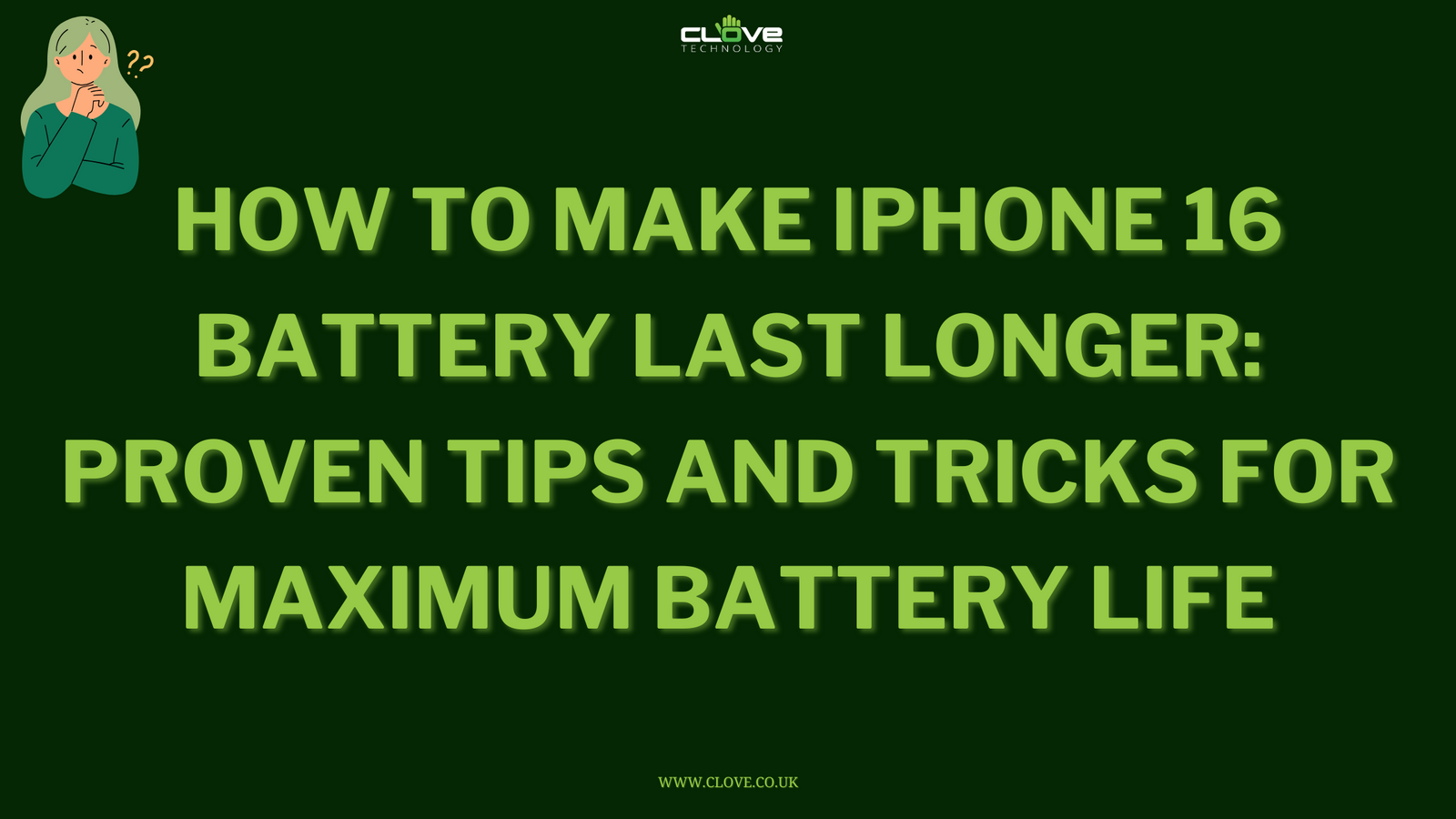#1: What is 5G?
5G quite literally stands for the 5th generation of mobile networks; what you use to make phones calls, send text messages and get online.
This next generation network utilises higher frequencies than its predecessors, allowing for quicker data download, increased coverage and more stable connections. As such, 5G is capable of handling significantly more data, allowing more devices to connect simultaneously and at much faster speeds than 4G currently allows.
It was estimated that by 2020, mobile traffic will have increased 30-fold since 2014 and so wider coverage and better connections is needed.
#2: How fast is 5G and how does 5G compare to 4G?
The standout benefit of 5G is its speed, however just how quick it is we don’t yet know.
Estimates have been somewhat varied however some have put speeds at a whopping 100 times faster than 4G – potentially exceeding 10Gbps. To put that into perspective, this would allow you to download an entire HD film in less than a second, a task that would take roughly 10 minutes using a 4G network!
When it comes to uploads, estimates are even more vague, but the general consensus is that data will be uploaded at similar fast speeds, maybe even up to 10Gbps.
As well as being faster, 5G technologies will also be responsive and will significantly reduce latency. You’ll be looking at faster loading times – so you won’t have to wait to watch a video online – as well as improved responsiveness.
Overall, this means that the 5G internet connection on your phone is likely to quicker than the speeds of your home broadband. Staggering!

#3: Will I need a new phone for 5G?
When you’re ready to take the plunge into 5G, you will certainly need a new smartphone to meet the demands of the network.
Current smartphones have been crafted with 4G modems and so just aren’t compatible with the technology that 5G connectivity requires.
A number of 5G smartphones are expected to be launched during the course of the year and these will require a more complex antenna, a completely new chipset and a way of managing the extra energy that these rich 5G services will use.
#4: When will 5G come to the UK?
5G has already begun rollout in the UK, however, has suffered from a somewhat staggered launch. Some mobile networks have offered 5G since the summer of 2019, whilst other networks are still waiting for their 5G to be unveiled. In most cases, whilst these 5G offerings are available, they’re not yet available nationwide.
Several reasons owe to this staggered launch, but it’s most easy to look at a lack of a demand. A vicious circle forms since without a plethora of 5G devices, mobile networks aren’t inclined to rush the upgrade, whilst without these 5G networks, manufacturers don’t have the incentive to release 5G phones.
Similarly, 5G infrastructures are hugely expensive to build. If the demand isn’t there, then these networks will struggle to recuperate their costs quickly.
Network: EE
5G Launched: May 2019
Number of towns/cities launched: 50
Ashton-under-Lyne, Birmingham, Belfast, Bristol, Cardiff, Castlereagh, Chatham, Clifton, Coventry, Dudley, Edinburgh, Gillingham, Glasgow, Grays, Guildford, Hamilton, Harlow, Hoddesdon, Huddersfield, Hull, Kimberley, Kingston-upon-Thames, Leeds, Leicester, Lichfield, Lisburn, Liverpool, London, Maidstone, Manchester, Milnrow, Newcastle, Northampton, Nottingham, Oldham, Potters Bar, Rochdale, Romford, Salford, Sheffield, Solihull, Stevenage, Sunderland, Sutton Coldfield, Sydenham, Walsall, Wakefield, Watford, West Bromwich and Wolverhampton.
Network:Vodafone
5G Launched: July 2019
Number of towns/cities launched: 37
Ambleside, Bebington, Belfast, Birkenhead, Birmingham, Bootle, Bristol, Cardiff, Cheadle and Gately, Droylsden, Eccles, Edinburgh, Glasgow, Horwich, Huyton-with-Roby, Isle of Scilly, Lancaster, Leeds, Liverpool, Llandudno, London, Manchester, Mangotsfield, Newbury, Paisley, Penarth, Plymouth, Prestwich, Rochdale, Salford, Solihull, Stockport, Stoke-on-Trent, Stretford, Wallasey, Warrington and Wolverhampton.
Network: O2
5G Launched: October 2019
Number of towns/cities launched: 21
Belfast, Birmingham, Bradford, Bristol, Cardiff, Coventry, Derby, Edinburgh, Glasgow, Leeds, Leicester, Lisburn, Liverpool, London, Manchester, Newcastle, Norwich, Nottingham, Sheffield, Slough and Stoke-on-Trent.
#5: Will roaming work with 5G?
Now confusingly, different countries may use different types of frequency when first setting up their 5G technologies. It’s highly likely that most phones and infrastructure will support both types (mmWave and sub-6GHz spectrum) but whilst 5G is being set up, there may be a focus on one over the other.
As such, it is possible that within the first few years of 5G being established, you may not be able to access all worldwide connections. That said, your 5G phone will still be access 4G connections. This means you will still be able to make calls, send text messages and emails and access the internet, just not at the same speeds as 5G.
#6: Which are the best 5G devices?
 Samsung Galaxy S10 5G
Samsung Galaxy S10 5G
- 6.7-inch Infinity-O Dynamic AMOLED HDR10+ display; 3040 x 1440
- Ultrasonic Fingerprint Scanner
- Triple rear camera: 16MP + 12MP + 12MP
- 10MP front camera; f/1.9, 26mm (wide)
- Samsung Exynos 9820 Plus S5100 5G
- 4,500mAh battery
- IP68 dust/water proof (1.5m for 30 mins)
Samsung Galaxy S10 5G | From £1,183.99 inc-VAT
Huawei Mate 20 X 5G
- 7.2-inch OLED display; 1080 x 2244 (346 ppi)
- Triple rear camera: 40MP + 20MP + 8MP
- 24MP front camera, f/2.0
- HiSilicon Kirin 980 (7nm)
- 4,200mAh battery; Huawei SuperCharge (40W)
- IP53 Certified
Huawei Mate 20 X 5G | From £792 inc-VAT
Xiaomi Mi Mix 3 5G
- 6.39-inch Full HD+ display
- Dual rear camera: 12MP + 12MP telephoto
- Dual front camera: 24MP + 2MP depth
- Qualcomm Snapdragon 855 processor
- 3,800mAh battery with Quick Charge 4.0
- Multi-functional magnetic slider


 Samsung Galaxy S10 5G
Samsung Galaxy S10 5G 



